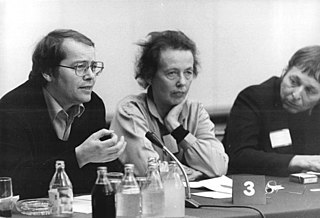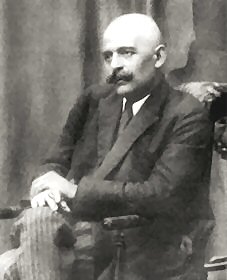A Quote by Robert Andrews Millikan
Indeed, I suspect that the changes that have taken place during the last century in the average man's fundamental beliefs, in his philosophy, in his conception of religion, in his whole world outlook, are greater than the changes that occurred during the preceding four thousand years all put together.
Related Quotes
The liberated man is not the one who is freed in his ideal reality, his inner truth, or his transparency; he is the man who changes spaces, who circulates, who changes sex, clothes, and habits according to fashion, rather than morality, and who changes opinions not as his conscience dictates but in response to opinion polls.
Shaw does not merely decorate a proposition, but makes his way from point to point through new and difficult territory. This explains why Shaw must either be taken whole or left alone. He must be disassembled and put together again with nothing left out, under pain of incomprehension; for his politics, his art, and his religion - to say nothing of the shape of his sentences - are unique expressions of this enormously enlarged and yet concentrated consciousness.
'Greater love has no man than this that a man lay down his life for his friends' (Jn. 15:13). In truth if someone hears an evil saying, that is, one which harms him, and in his turn, he wants to repeat it, he must fight in order not to say it. Or if someone is taken advantage of and he bears it, without retaliation at all, then he is giving his life for his neighbor.
In the first place, the government ought not to be invested with power to control the affections, any more than the consciences of citizens. A man has at least as good a right to choose his wife, as he has to choose his religion. His taste may not suit his neighbors; but so long as his deportment is correct, they have no right to interfere with his concerns.
Speed is the form of ecstasy the technical revolution has bestowed on man. As opposed to a motorcyclist, the runner is always present in his body, forever required to think about his blisters, his exhaustion; when he runs he feels his weight, his age, more conscious than ever of himself and of his time of life. This all changes when man delegates the faculty of speed to a machine: from then on, his own body is outside the process, and he gives over to a speed that is noncorporeal, nonmaterial, pure speed, speed itself, ecstasy speed.



































